Protection of the ecosystem on
Bulgaria's Black Sea coast
Less waste, more marine protection
Combating the flood of waste with research and education
The beaches of Bulgaria’s Black Sea coast are very popular with travellers. Every year, a large number of tourists are drawn to the picturesque shoreline. Sadly, some people leave rubbish on the beaches there. The increase in hotel stays also contributes to an increase in waste, much of which is not disposed of sustainably. As a result, rubbish pollutes the water, beach, and dunes.
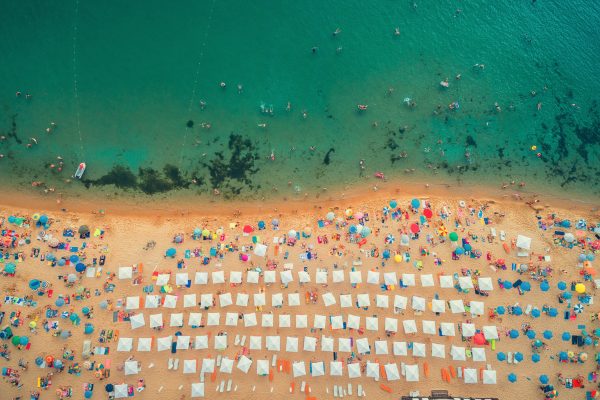
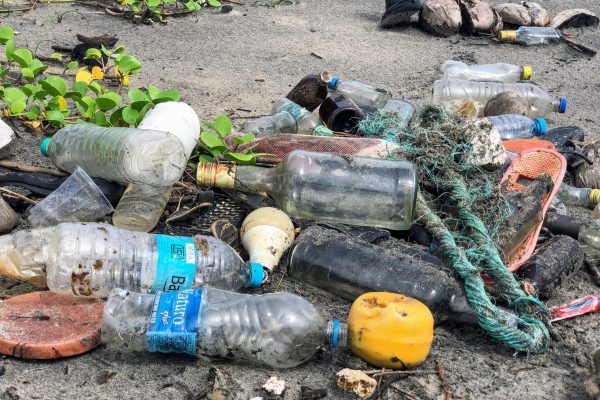
Research on marine litter pollution on Bulgaria’s coast has been limited so far, mainly due to a lack of funding. At the same time, however, the country is obliged by the European Union’s Marine Strategy Framework Directive (MSFD) to work for the protection, conservation and restoration of the marine environment of the Black Sea and to implement the objectives of the MSFD through the development and implementation of national strategies.
This is how we are supporting
This is precisely where DER Touristik Foundation comes in, supporting the programme of the Bulgarian project partner, the Institute for Oceanology. The pollution on the beaches and dunes of the Black Sea coast is first analysed. Following this the Institute takes the necessary actions to evaluate the maritime environment, investigate negative environmental effects, and accomplish the objectives of the MSFD Directive. Field studies and public and participant education are the main focuses of the collaboration.
The research institute’s ambitious three-year programme (2023- 2025) objective is educating coastal residents’ and visitors on the issues of marine litter and the vulnerable coastal ecosystem to ensure a greater responsibility for the local.
It is important for the project team to take a holistic approach
that includes the local hotel industry, tourist service providers such as yacht tour operators, as well as the numerous fishermen still working on the coasts, but also holidaymakers, students, children, and young people.
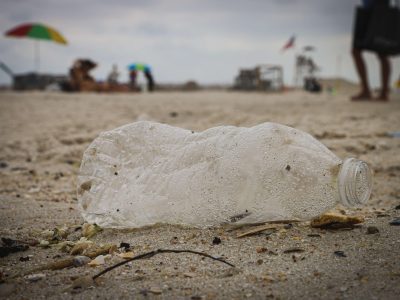
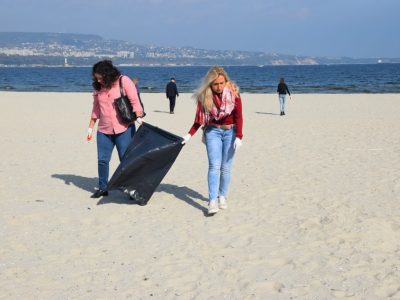
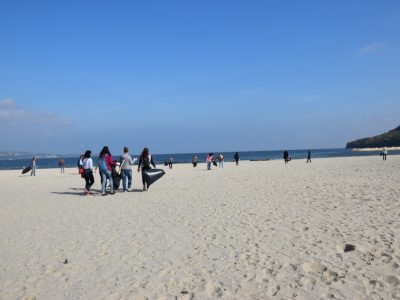
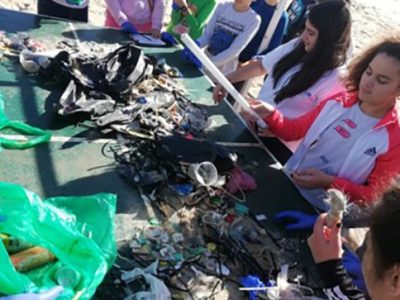
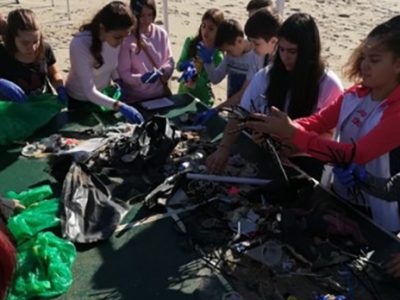
Copyright: Institute of Oceanology –
Bulgarian Academy of Sciences





Copyright: Institute of Oceanology –Bulgarian Academy of Sciences
The research institute’s ambitious three-year programme (2023- 2025) objective is educating coastal residents’ and visitors on the issues of marine litter and the vulnerable coastal ecosystem to ensure a greater responsibility for the local.
It is important for the project team to take a holistic approach that includes the local hotel industry, tourist service providers such as yacht tour operators, as well as the numerous fishermen still working on the coasts, but also holidaymakers, students, children, and young people.
The scientists inform the general public about their work and the ecological condition of the studied areas in lectures with changing topics.
Students from different universities carry out joint training campaigns as part of internships.
In schools and kindergartens in the region, the team of marine biologists teaches children about the marine ecosystem and important conservation measures in a playful way.
On excursions, the little ones explore the beach and dunes of the Black Sea Coast.
Beach clean-up campaigns with locals, school children and tourists are taking place on six selected beaches.
With this project, DER Touristik Foundation supports environmental education on a broad basis – an investment in the future of the seas. By promoting ecological thinking, the foundation stone is laid for future generations to be able to enjoy the beautiful Black Sea coast.
Less
More
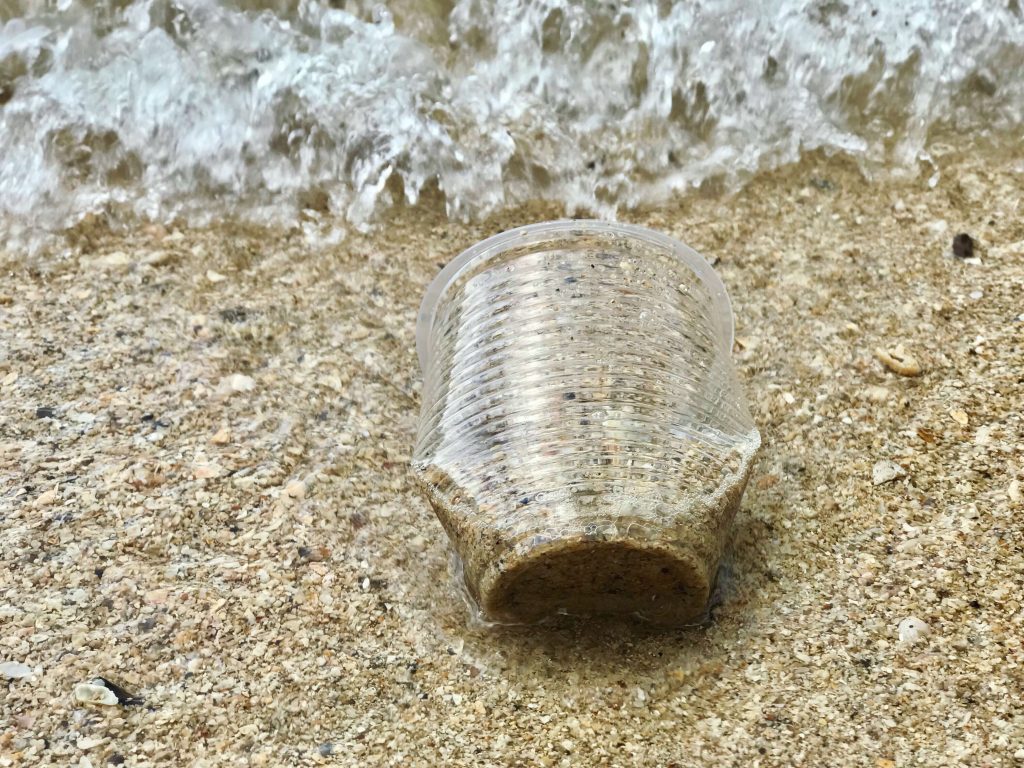
Our cooperation partner:
Institute of Oceanology – Bulgarian Academy of Sciences
Affiliated to the Bulgarian Academy of Sciences, one of Bulgaria’s leading scientific institutions, the Institute conducts intensive research in areas such as marine physics, biology and ecology. Both basic research and applied science as well as the work of the experts aim at developing a sustainable strategy for the development and management of the Black Sea ecosystem – adapted to national requirements and global trends.
